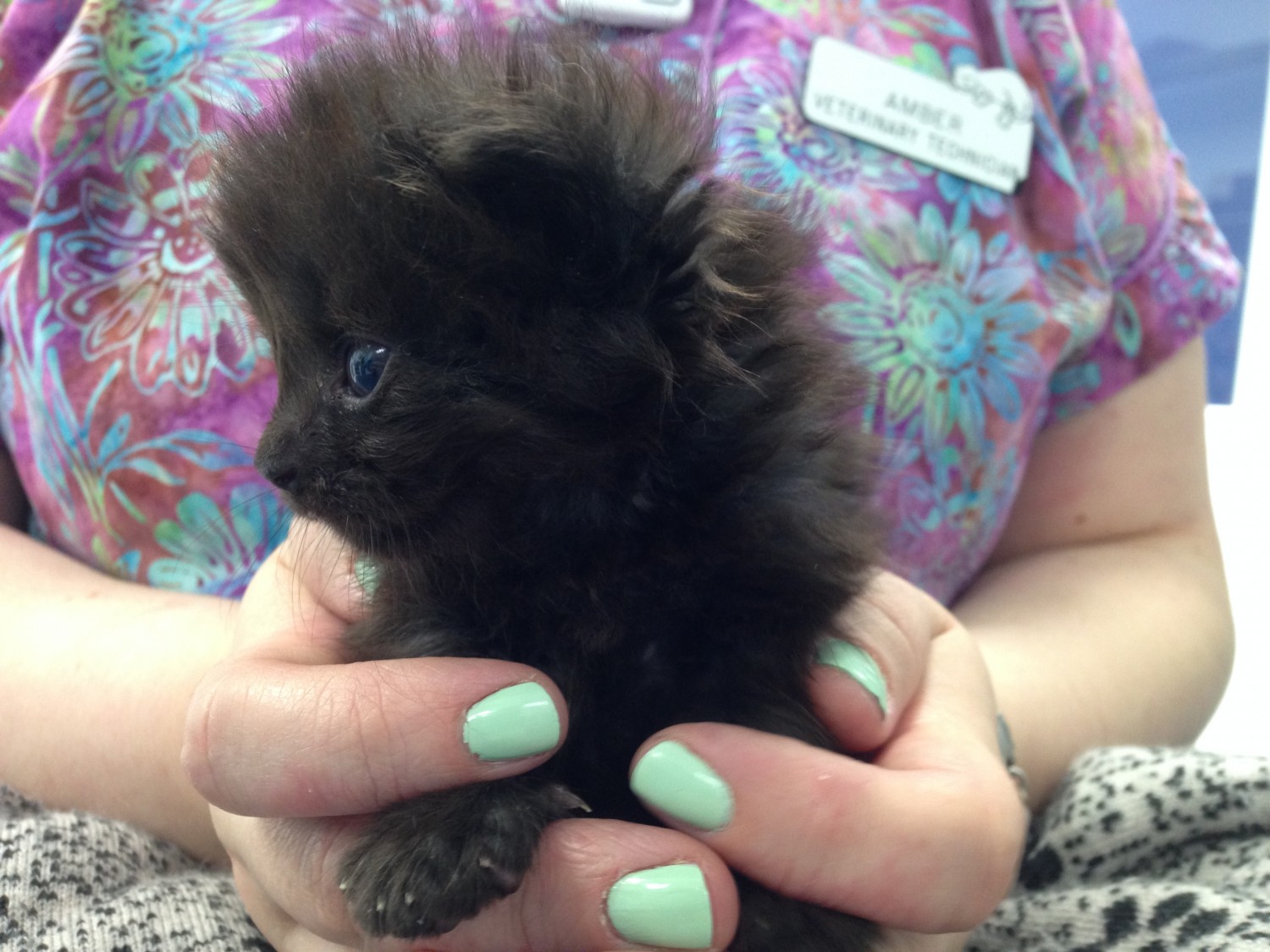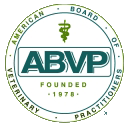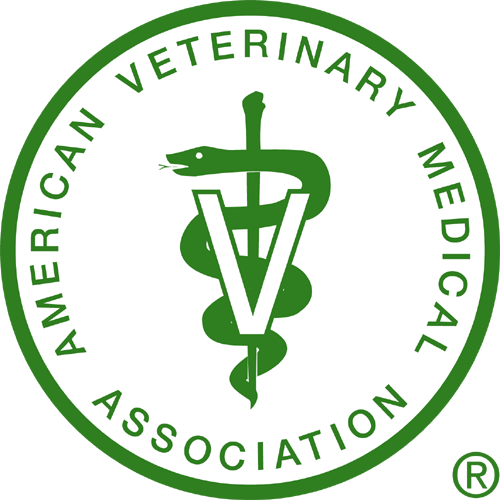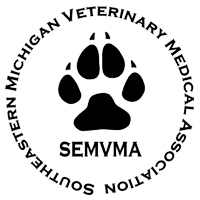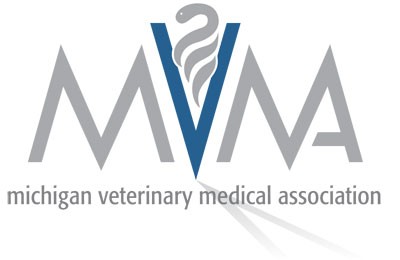- Home
- Career Opportunities
- About Us
- Services
- Resources
- Location
- Emergencies
Exclusively Cats Veterinary Hospital
(248)666-5287
ecats.vet
New Kitten Care
Exclusively Cats Veterinary Hospital's recommendations for the care of your new kitten:
New kittens are entertaining, cute, and cuddly, but they need special care and attention. If you are thinking about getting a new kitten or already have one, you may have questions about its care. Exclusively Cats Veterinary Hospital is pleased to offer the following information and general guidelines for kitten care.
First Check-Up
As soon as you bring your kitten into your home, schedule your first visit at Exclusively Cats Veterinary Hospital. Bring any available vaccination history, prior medical records, or adoption records to this visit, as it is important to establish a complete medical history for each patient. We also request that you bring a stool sample to this visit so the veterinarian can check for internal parasites. It is often a good idea to bring your new cat in for an exam even before bringing him or her into your new home so that they can be checked for diseases and external parasites, such as fleas, that you may not want to bring into your home - especially if there are other pets in your home. You can expect us to give your new pet a thorough physical exam, as well as blood tests and other lab work. Don't forget to bring your list of questions about your new pet, because our doctors take the time to listen to your concerns and respond with support and guidance.
Special note to first-time breeders: Bring your pregnant cat to us for a prenatal exam and we'll explain what you need to know about kitten care during the critical early days immediately after birth.
If you find an orphaned kitten, we can help guide you in the special care involved in caring for these special little ones.
Diet & NutritionWe recommend feeding a good quality kitten food to support the rapid growth and development of a young kitten. You may have been given a starter bag of kitten food when you adopted your kitten from the rescue group or breeder, or you might have gone to the pet store and asked for help. Many veterinarians recommend limiting dry kitten food in favor of canned or moist food.
If you aren't sure what to feed your new pet, please call our office for a recommendation prior to your first appointment. Never give a young pet table food and always keep plenty of fresh, clean water available. Some cats even prefer to drink from running water in specially designed cat fountains.
VaccinationsWhile kittens are still nursing, their mother's milk offers some disease protection, but that only lasts a few weeks. Once weaned from their mothers, kittens should be given vaccines to protect them from disease.
The series of vaccines recommended for kittens gradually builds immunity during the first few months, beginning with the first medical exam at around 6-8 weeks.
Spaying & NeuteringUnless you intend to breed your pet, we recommend spaying or neutering your kitten any time after 3 months of age. A spayed or neutered cat lives longer, has fewer medical problems, and a better temperament if this is done at an early age. Additionally, there are many unwanted behaviors that can be avoided if your cat is altered before 6 months of age.
Some Things to Avoid with Young Pets
Kittens need regular exams, vaccinations and parasite prevention, socialization, behavioral training, and a safe, comfortable home. We help you create such an environment, one that is free from hazards and conducive to growing a healthy cat.
For more information, we invite you to read our New Kitten FAQ. |
